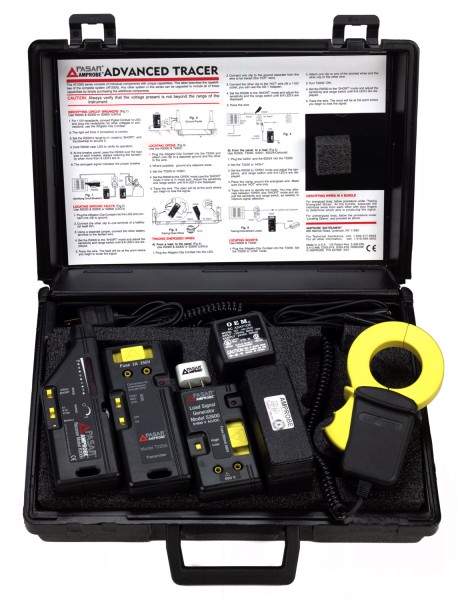brother
Senior Member
Is there a circuit tracer that would work on loads that have alot of computers and ups on them. I had this one situation of where I was tracing out a circuit to a panel and the interferrence was soo high that I never could get a good signal at the panel. It just made the trace go haywire. Is there a different brand that would better in this type of scenerio of high frequency loads on the panel.

